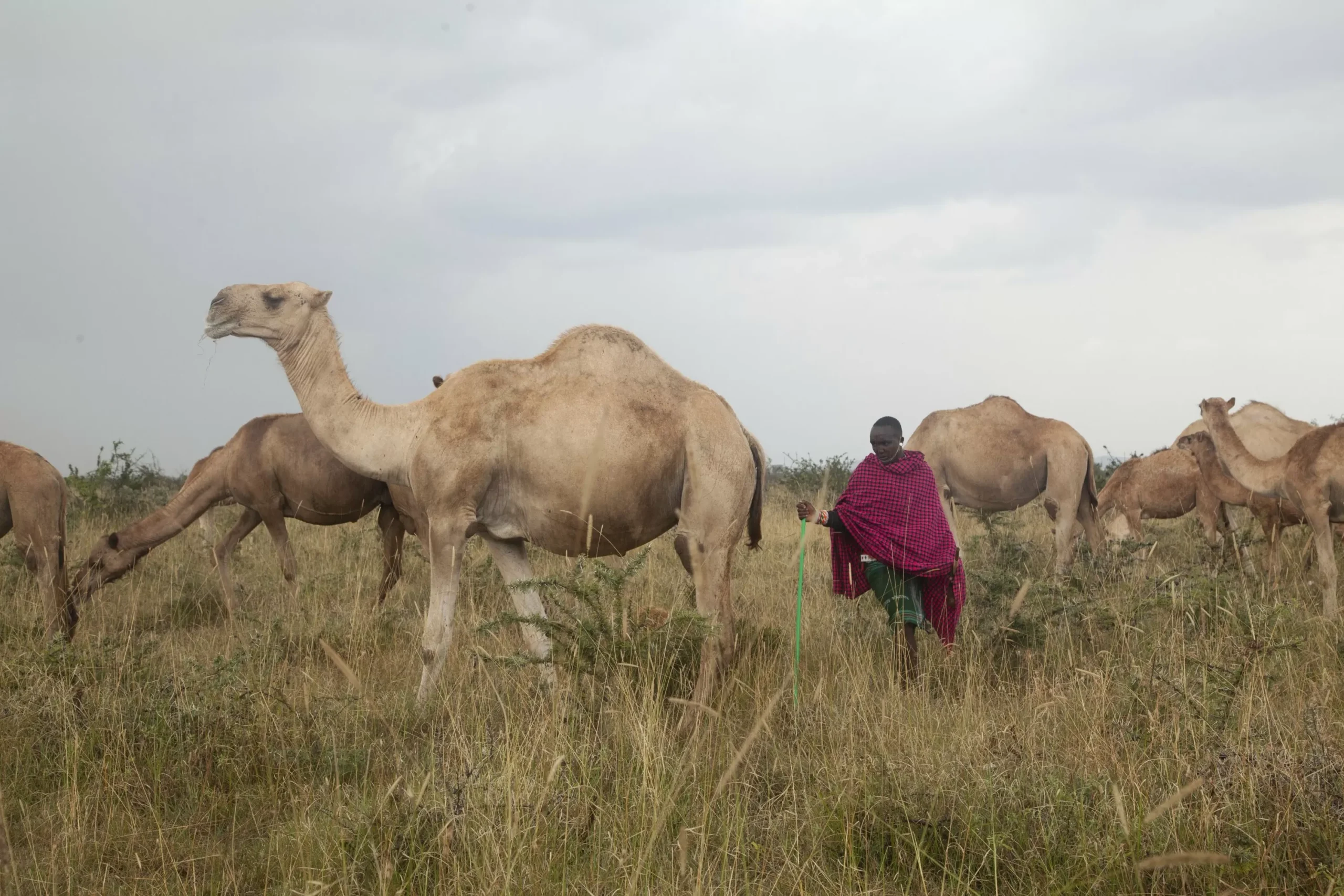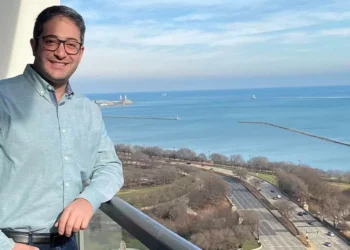The Maasai people of Kenya, known for their distinctive culture and traditional way of life, have relied on their herds of cattle for centuries. The blood, milk, and meat of these animals have been the staple foods for the Maasai pastoralists, providing them with sustenance and sustenance for their families and communities. But now, with the onset of climate change, this way of life is being threatened.
Climate change, as we all know, is a global issue that is affecting countries and communities all over the world. And the Maasai people are no exception. The changing weather patterns and extreme droughts have had a devastating impact on their cattle and their way of life. The lack of water and grazing land has caused a decline in the number of cattle, leaving the Maasai people struggling to maintain their livelihoods.
For the Maasai, their cattle are not just a source of food, but also a symbol of their culture and identity. They have a deep connection to their animals and see them as an integral part of their community. Cows are often referred to as “the wealth of the Maasai” and play a significant role in marriage ceremonies and other important rituals. The loss of their cattle not only affects their food supply but also has an emotional and cultural impact on the Maasai people.
But the Maasai people are resilient and are determined to find ways to adapt to the changing climate. They have started to diversify their diets by incorporating other sources of food, such as grains, fruits, and vegetables. They have also begun to use modern farming techniques to grow crops and vegetables, which were previously not a part of their traditional farming practices.
In addition to adapting their diets, the Maasai people have also started to explore new livelihood opportunities. They have begun to engage in activities such as beekeeping, which not only provides them with an alternative source of income but also helps in pollination and conservation of the environment. The Maasai are also using sustainable farming methods to preserve the land and reduce the impact of climate change on their communities.
But perhaps the most impressive adaptation strategy of the Maasai people is their resilience and ability to preserve their culture and traditions in the face of adversity. Despite the challenges they face, the Maasai people continue to maintain their unique way of life, which has been passed down from generation to generation. They have done this by embracing their traditional knowledge and practices, which have proven to be effective in their harsh environment.
The Maasai people have also taken steps to mitigate the effects of climate change by participating in conservation efforts. They have established community-managed grazing areas to ensure sustainable use of the land, and they have also implemented natural resource management practices, such as rainwater harvesting and tree planting, to combat desertification.
The government of Kenya has also recognized the importance of the Maasai people and their way of life and has taken steps to support them. The Ministry of Agriculture has introduced projects that aim to increase the resilience of pastoral communities by providing them with resources and training in sustainable farming practices. This support has been crucial in helping the Maasai people adapt to the changing climate and preserve their way of life.
Despite the challenges posed by climate change, the Maasai people remain strong and resilient. They have shown that with determination and traditional knowledge, they can adapt to any adversity. Their ability to maintain their cultural identity and their innovative adaptation strategies serve as an inspiration to us all.
In conclusion, the Maasai pastoralists of Kenya have faced many challenges over the years, but they have always found a way to overcome them. Climate change is just another hurdle that they are facing, but with their resilience, determination, and traditional knowledge, they are finding ways to adapt and thrive. As a nation, we must support and learn from the Maasai people as we face the effects of climate change together. They are a shining example of how communities can adapt and thrive in the face of adversity, and we should all strive to follow their lead.








